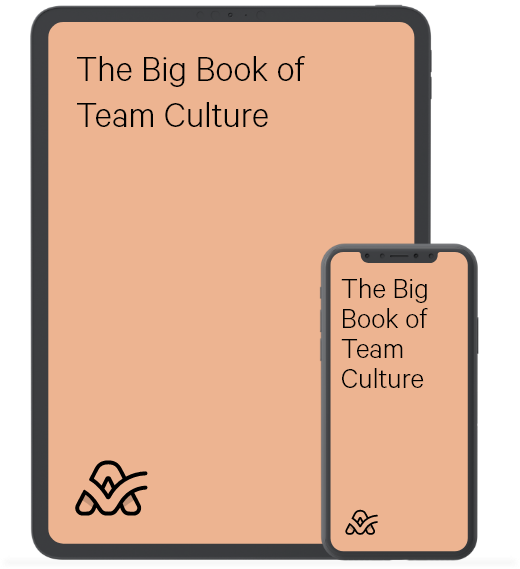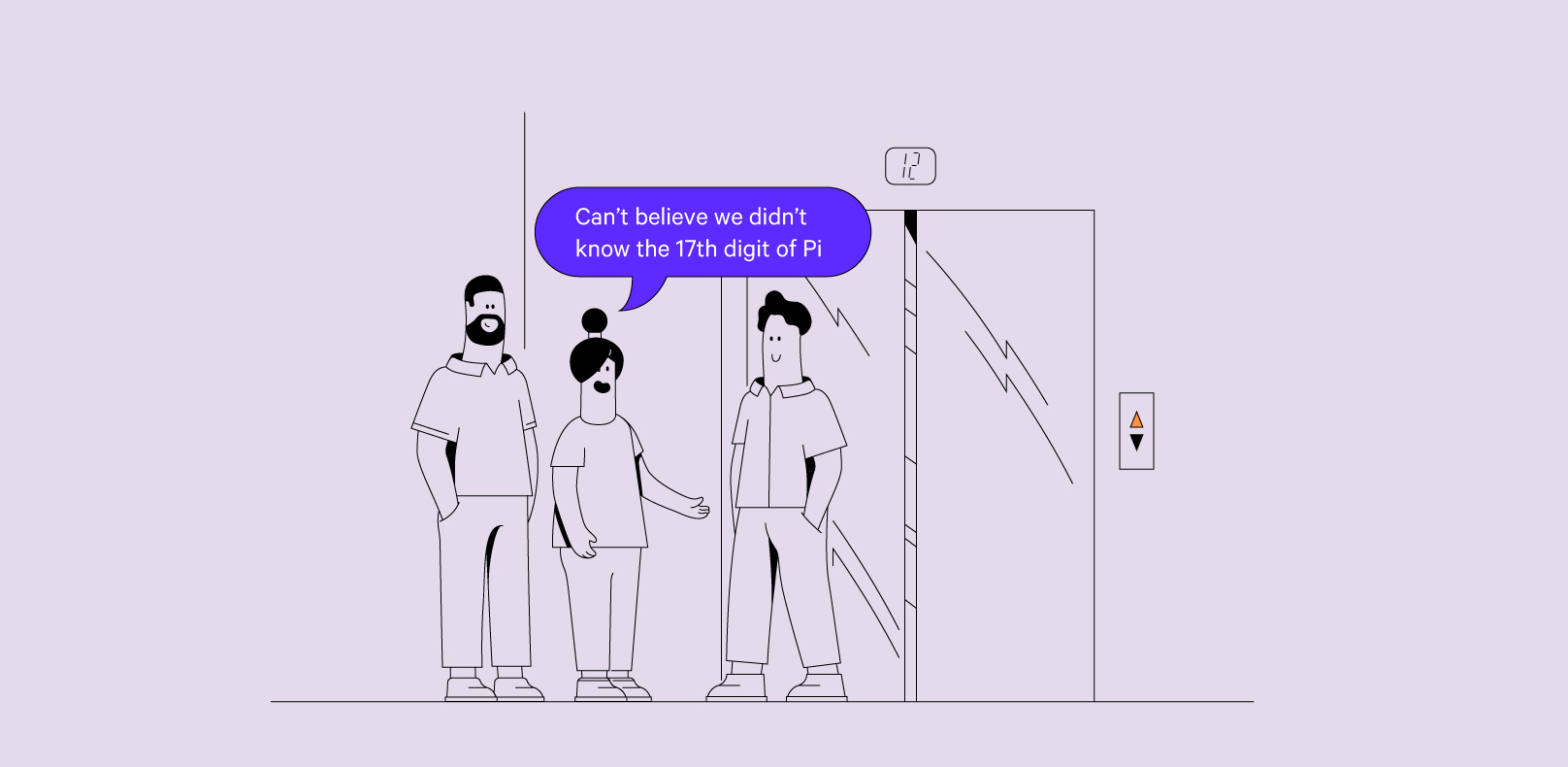Harmony within a company is vital, and personal relationships are just as (if not even more) important than professional ones. You might argue that professional relationships are mostly based on personal opinions. When we apply this philosophy to a company, we come to the conclusion that employees need to get along on a basic human level in order to click at the office, too.
To accomplish this, it takes more than a “you people need to get along” nudge, and this might be just the right trick.
Have you ever heard of a pub quiz? How about bringing all the fun and banter to your office.
Let the Trivia Unwind
The main idea behind pub quizzes is to bring that extra something to people who regularly drink in pubs and bars and are tired of the same old stories about the nagging mother-in-law, bossy boss or noisy neighbors. People need to get out of the house and the office and unwind. So why not learn something and have a laugh while they’re at it?

Teams are formed up, and it’s usually a few people around a table filled with drinks. The quizmaster makes up a series of questions and reads them one by one to the teams that write down their answers on a piece of paper. At the end of the game, all the participants turn in their responses, and the winner is proclaimed. Depending on the budget, they win the moral satisfaction of being the best, free drinks, or tickets for the cinema/theater/some other event.
A Quizmaster Is Born
The main difference between a quiz at a pub and a team building activity is the players. The rest is pretty much the same, but there are some guidelines you’ll probably need to make this a successful event that will bring your colleagues closer together.
First off, the Essentials:
You’ll need a venue large enough to accommodate all your teams, with a sufficient number of tables and seats. You can rent out a bar, or host it in your company’s cafeteria. The teams should be placed close, but not too close, or they’ll hear each other’s discussions over the possible answers. Perhaps there are those who’d like to be there, but take part only as the audience. Make some room for them as well. Just because someone’s shy, doesn’t mean they have to be left out!
Depending on the number of teams and the nature of the questions, a microphone, projector, and a good sound system should be provided. Also, as the participants must write down their answers somewhere other than a napkin, adequate forms or blank papers and pens are a must.

The essential ingredient of a good party is the host. Find yourself an experienced quizmaster — someone who will understand your commitment to entertain your team members while bringing them closer together. If you can’t find one, ask for volunteers within your ranks. Surely there’s at least one person that loves the stage and the attention. Make sure they have at least one assistant to help them out.
The Do’s and Don’Ts
There are various types of quizzes out there. They can be thematic, for example, one entirely dedicated to a TV show or the Renaissance era, or they could be a mix of general knowledge and trivia. For this particular purpose, you could spice things up even more and insert a few questions based on your coworker’s quirks, like “What’s Amy’s favorite brand of coffee?” and let them get to know each other better.
Try to make the game as diverse as possible because chances are your colleagues’ interests are very wide-ranged. It’s better to offer a buffet of brain-pickers than to focus on one theme only, like nuclear physics, as Bruce from accounting may not know anything on the subject and feel neglected.
A few do’s and don’ts are necessary so that you get the most out of this event and let people go home afterward with a smile on their faces, instead of a frown.
Avoid:
Numbers - no one knows what year was that Led Zeppelin album released, or how tall David Beckham is. However, if you think these questions could be appealing, make them closed-ended, with a couple of pre-formulated answers.
Tragedies and deaths - why would you want to be reminded of the horrors this world has to offer instead of enjoying a fun evening? Focus on pleasant information, cool trivia, something people will be glad to hear. Choose World Cup trivia over World War II trivia.
Politics - unless it’s some politician’s astrological sign, forget about this topic altogether. The last thing you want is to have your team members find out their views on international trade policies differ completely and quarrel over them.
Extremely obscure trivia - that garage band from Norway might be your favorite, but are you sure there’s even a single person in the building that knows about them? The point is not to brag about how cool you are, but to put your team’s entertainment first.
With that in mind, here’s another golden rule: put your humor into questions rather than your stand-up act. When the quizmaster asks a question, there has to be a pause after it, so the players have the time to discuss and write down their answer. During that pause, it’s best to play some music a bit louder. Make people laugh by offering funny and/or interesting facts to guess instead of telling dad jokes to fill up the space in-between.

The Big Book of Team Culture
Stairway to Bonding
Companies try to organize events that would connect their employees, hoping to make them feel part of a family. Despite the efforts, that goal is rarely accomplished. All those get-togethers look the same — no new acquaintances, forced mingling, teams that won’t communicate with each other.
When you organize a quiz-like event, you’ll see a different dynamic. A draft could form teams, but it’s better to let people decide whom they want to team up with, at least the first time. You might say that’s no different to the above-described situation, but we beg to differ. People love to compete. It’s in our blood, and we thrive upon positive competition. As the game progresses, you’ll notice how teams interact and jokingly put others down, all in the name of some good time.

It’s crucial to put all your efforts into fun trivia. The more ridiculous the questions people need to produce an answer to, the more they’ll have fun and joke about it, especially at the office days later! The pool of information to talk about is way bigger than the one from a classic meetup and what someone wore.
People from entirely different departments might finally realize they have similar interests and talk about them while waiting for the elevator. They would have never found out about them if it wasn’t for the quiz. It’s a great icebreaker and an opportunity to tear down those walls that the lack of communication creates between teams and coworkers in general.


![Team Building Games That Really Teach Teamwork [6 Examples]](https://activecollab.com/upload/blog/120/cover.png)